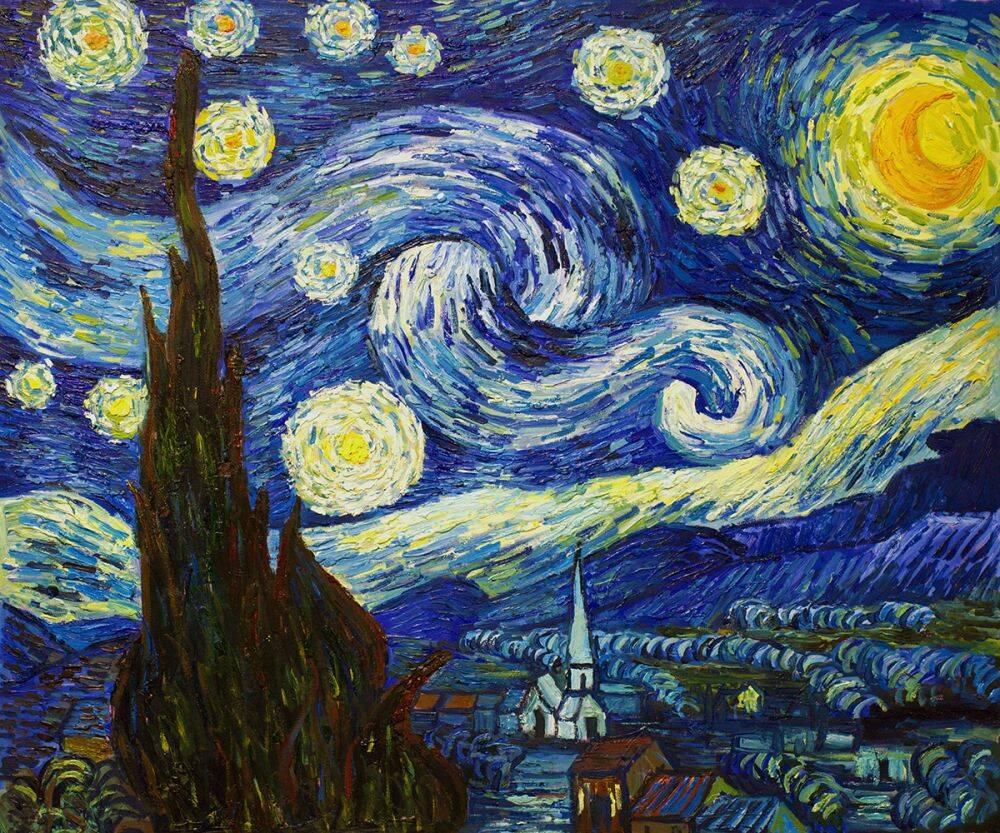"
You Needed Me" is a song written by
Randy Goodrum, who describes it as being about "unconditional undeserved love". It was a number one hit single in the United States in 1978 for Canadian singer
Anne Murray, for which she won a Grammy Award. In 1999, Irish pop band
Boyzone recorded a hit cover of the song that hit number one in the
UK Singles Chart.
"You Needed Me" was first recorded by singer Anne Murray in 1978. The song peaked at number one on the
Billboard Hot 100 chart and revitalized her career after several years of declining popularity as it became her first Top 40 US single since her 1974 remake of
The Beatles' "
You Won't See Me". The song, included on her 1978 album
Let's Keep It That Way, was also a top-five country single and won Song of the Year at the
Academy of Country Music awards, and is her most successful single in the
United Kingdom where it made the top 30. Murray is quoted in
The Billboard Book of Number One Hits by
Fred Bronson as saying she was not surprised by the song's success, as she knew from the start the song would be a hit because she broke down in tears the first time she tried to sing it.
Although the song reached number one on the
Billboard Hot 100 chart (and is her only song to top that chart), it never topped the two
Billboard charts where Murray has had the most success --
Country and
Adult Contemporary. However, it spent a then-record 36 weeks on the Adult Contemporary chart, a record for chart longevity that stood until 1993.
The song earned Murray the
Grammy Award for Best Female Pop Vocal Performance at the
21st Grammy Awards, the first to be awarded to a Canadian artist.
Anne Murray re-recorded the song with
Shania Twain for Murray's 2007 album
Duets: Friends & Legends.
The song was featured in an ongoing storyline on the CBS soap
Guiding Light in 1980–81, as a theme song for the characters Kelly Nelson and Morgan Richards. In 2013, the song was performed by
Seth MacFarlane in character as
Stewie Griffin on the
Family Guy episode "Chris Cross", in which Anne Murray herself guest-starred.
Anne Murray - You needed me
I cried a tear, you wiped it dry
I was confused, you cleared my mind
I sold my soul, you bought it back for me
And held me up and gave me dignity
Somehow you needed me
You gave me strength to stand alone again
To face the world out on my own again
You put me high upon a pedestal
So high that I could almost see eternity
You needed me, you needed me
And I can't believe it's you I can't believe it's true
I needed you and you were there
And I'll never leave, why should I leave, I'd be a fool
'Cause I finally found someone who really cares
You held my hand when it was cold
When I was lost, you took me home
You gave me hope when I was at the end
And turned my lies back into truth again
You even called me friend
You gave me strength to stand alone again
To face the world out on my own again
You put me high upon a pedestal
So high that I could almost see eternity
You needed me, you needed me
You needed me, you needed me

